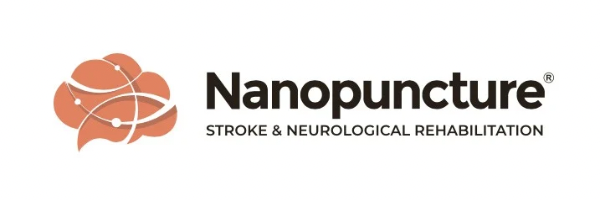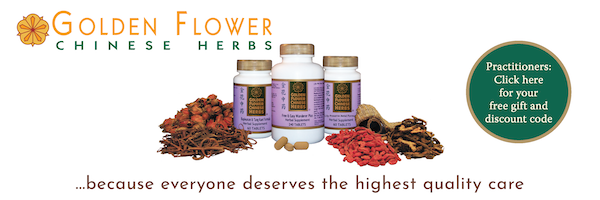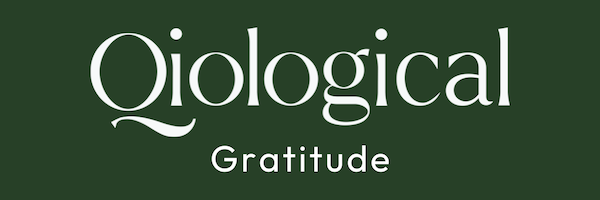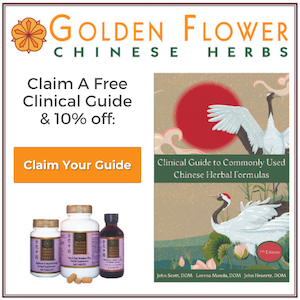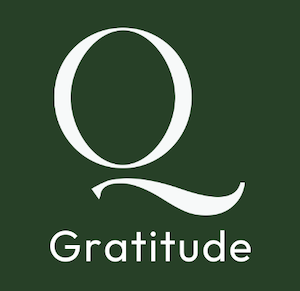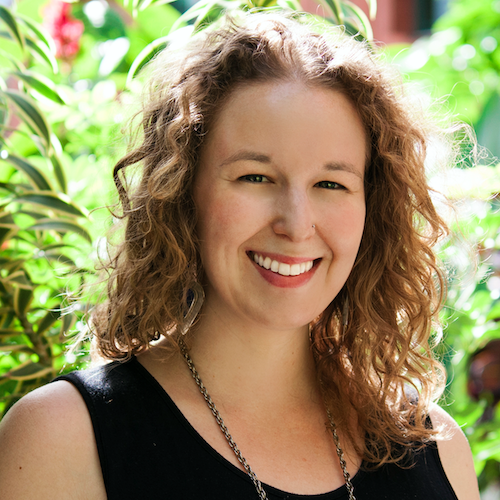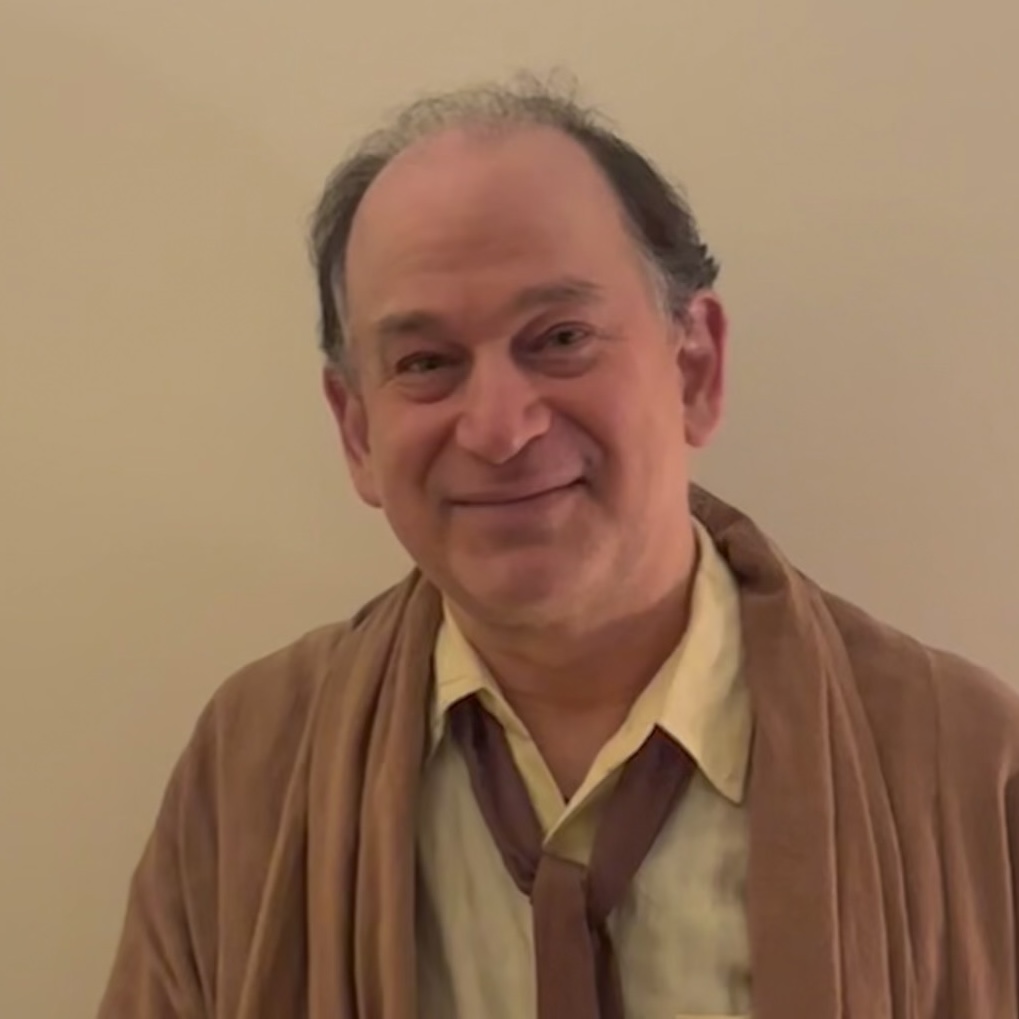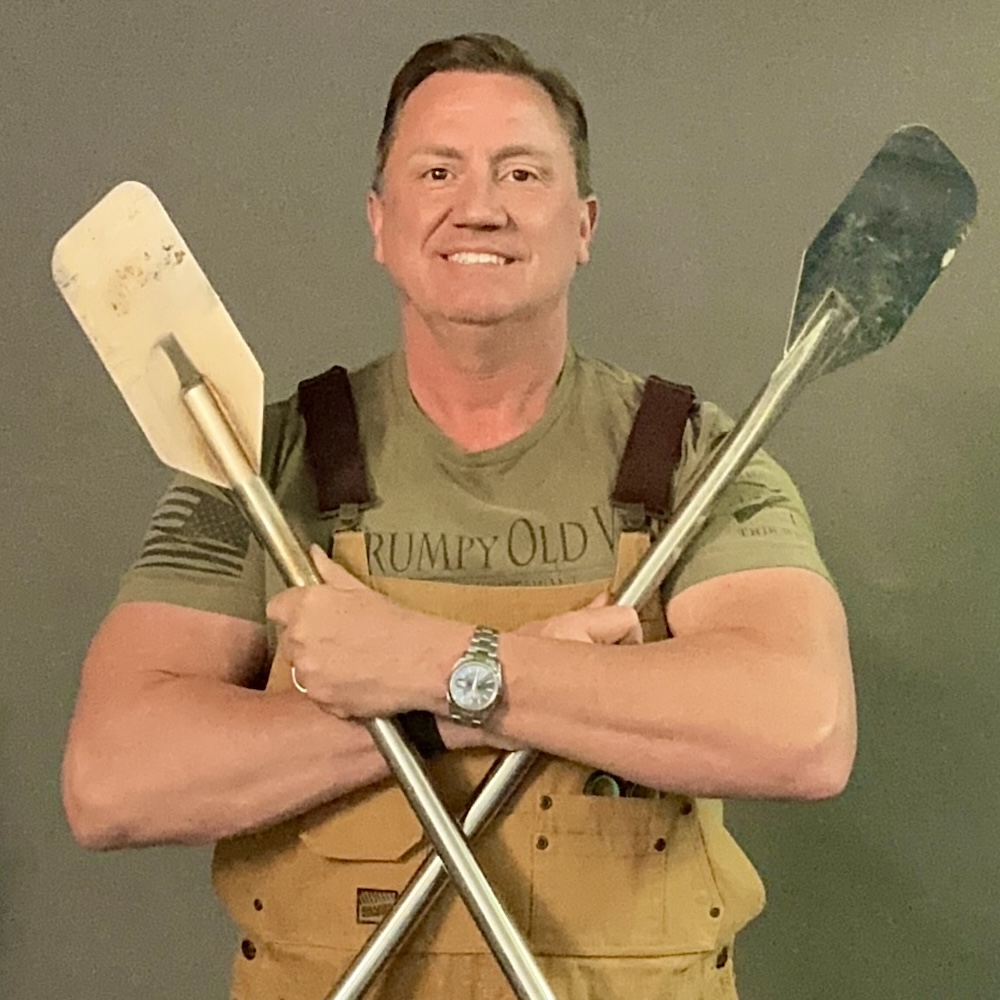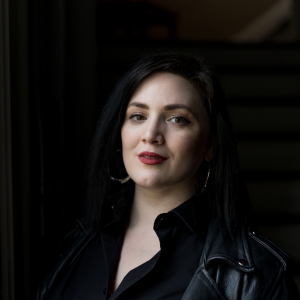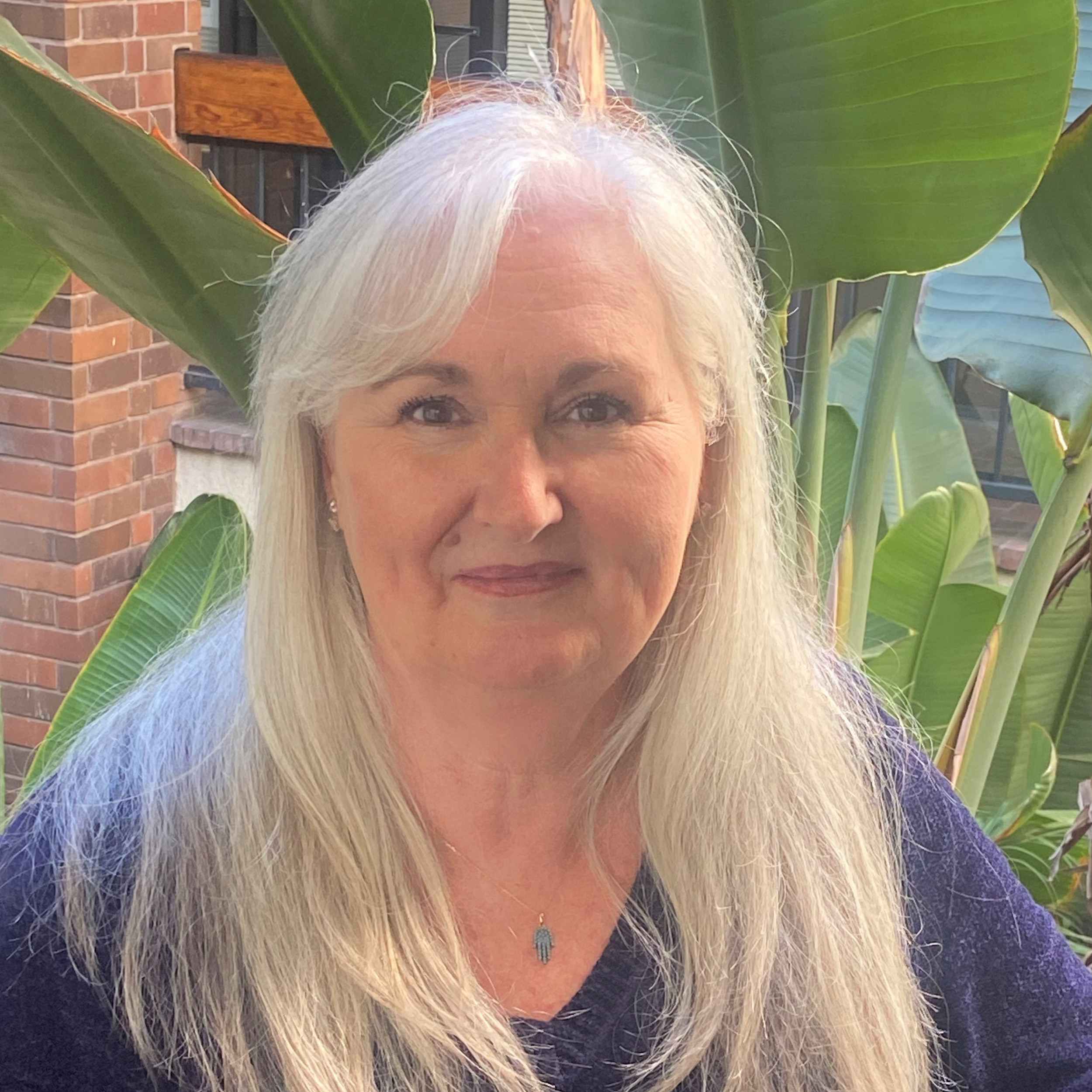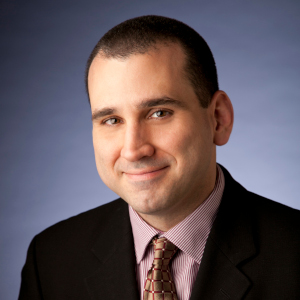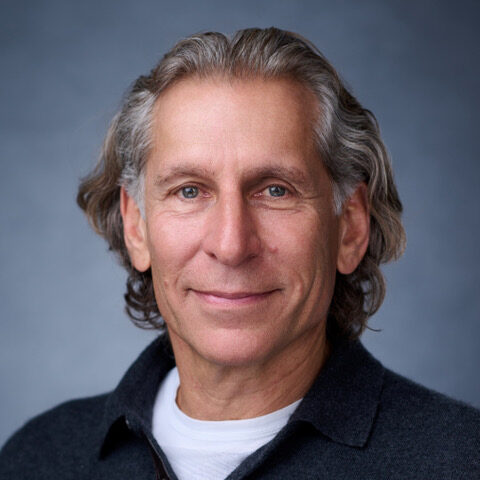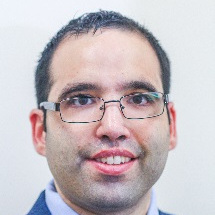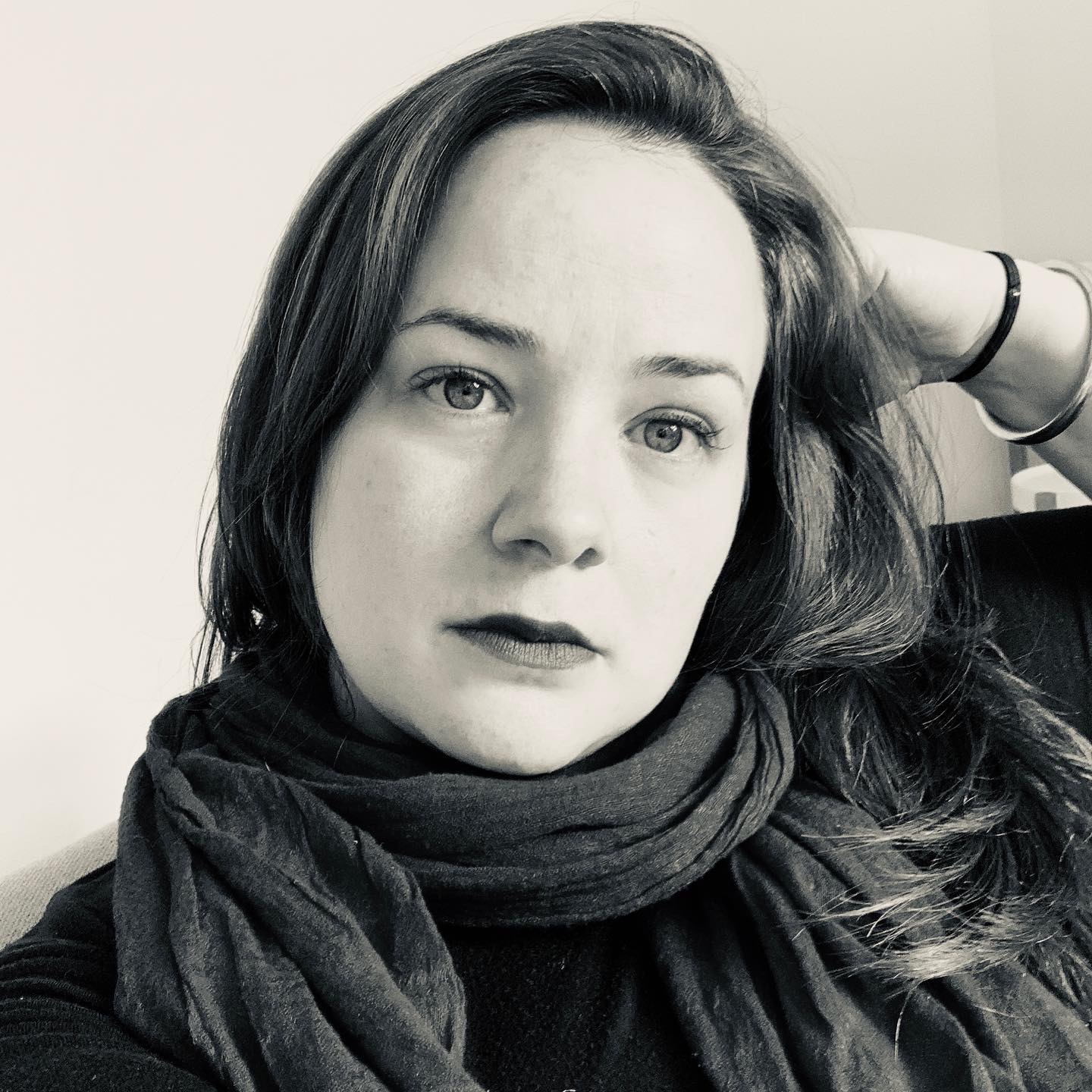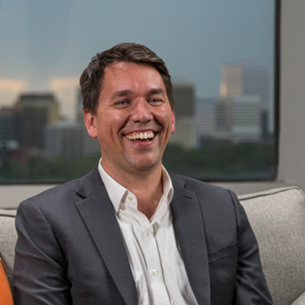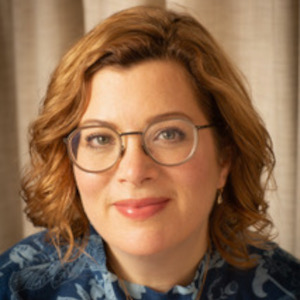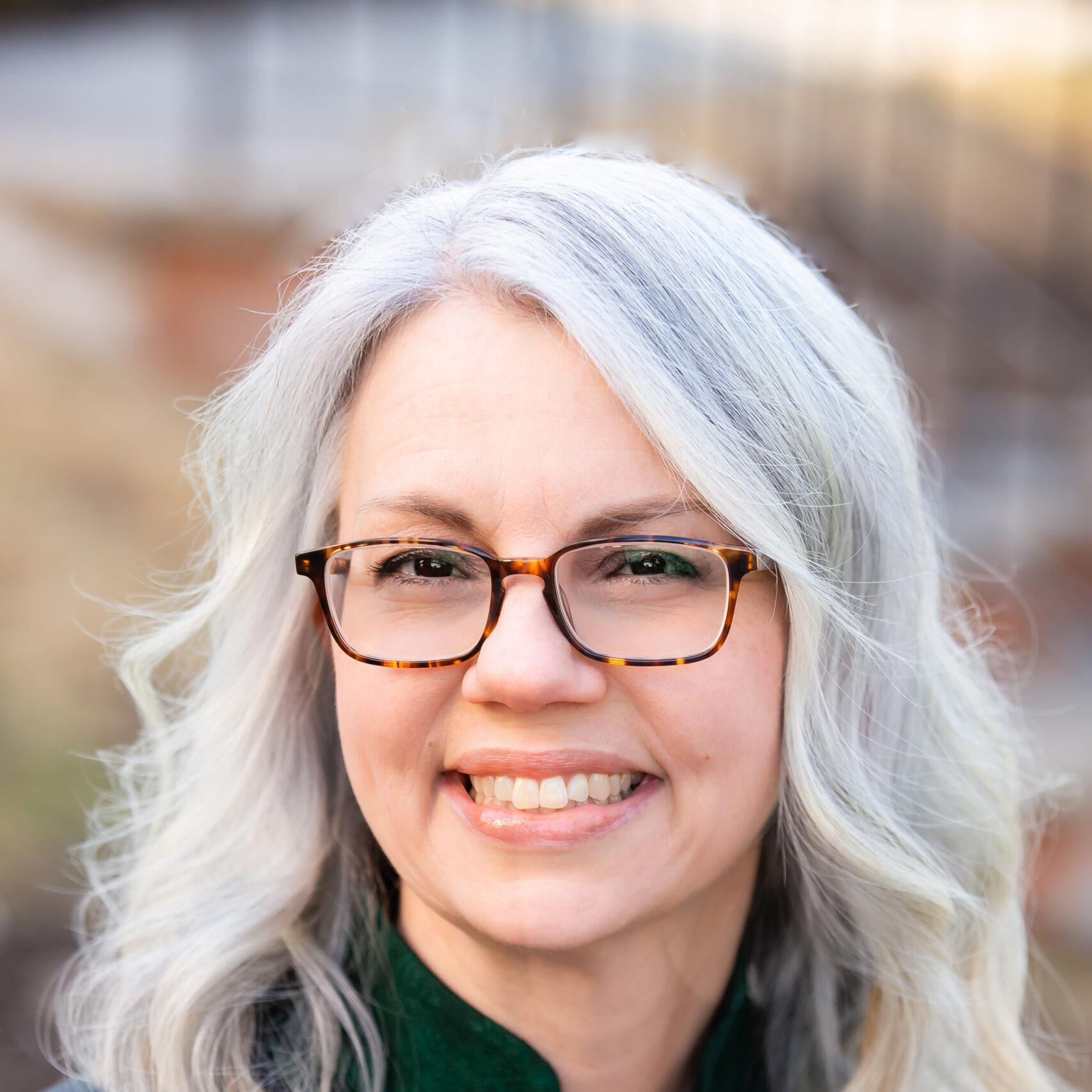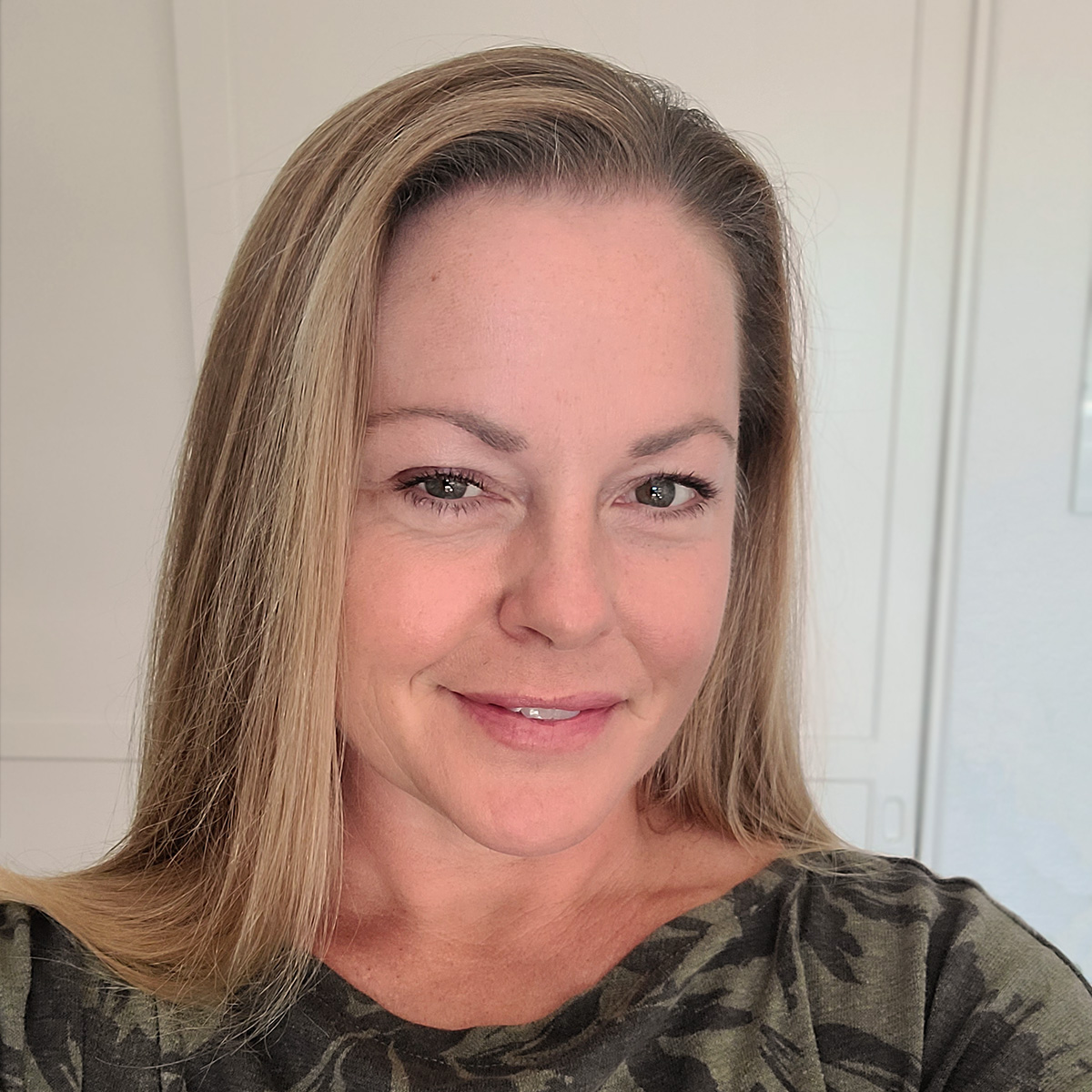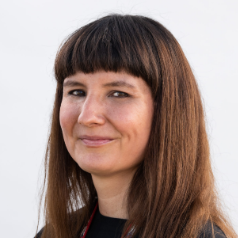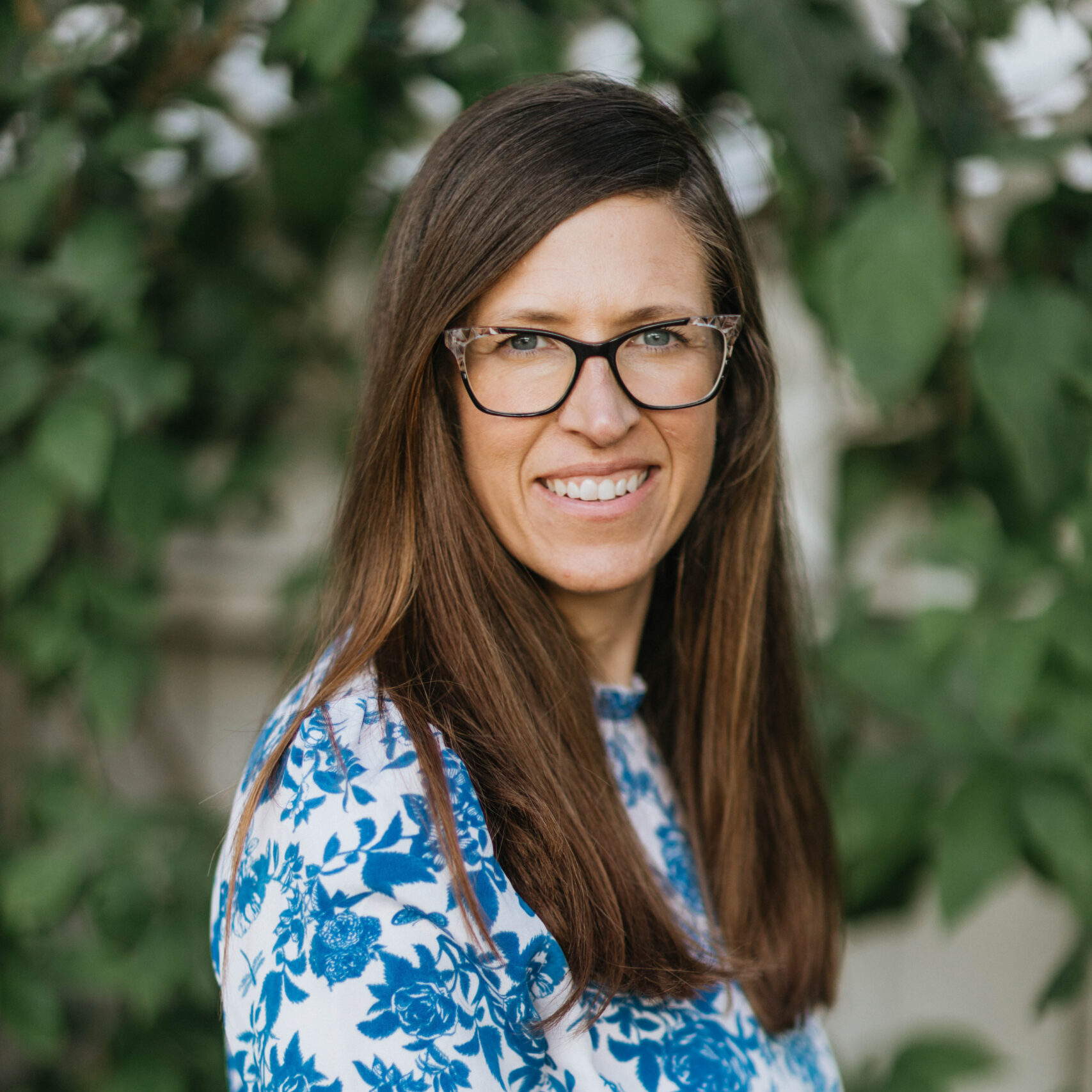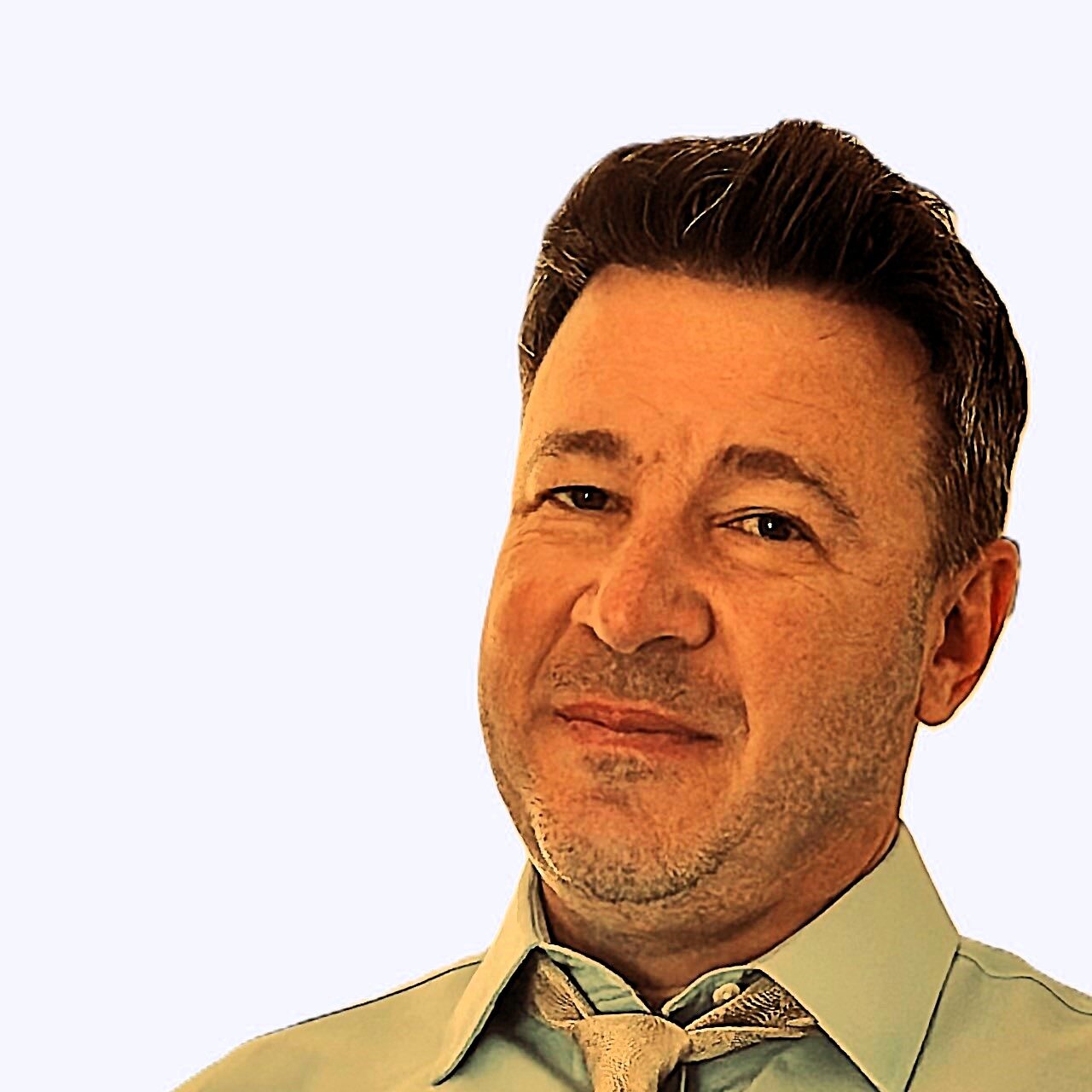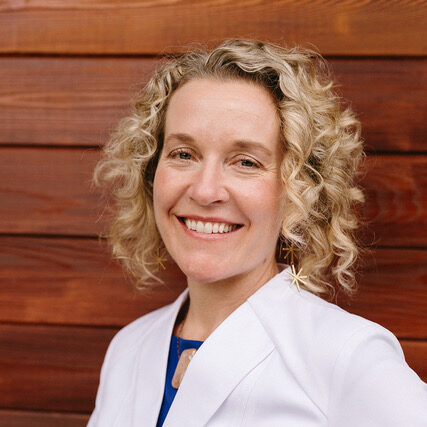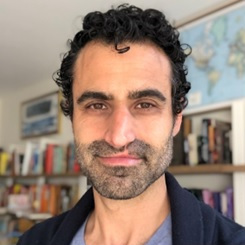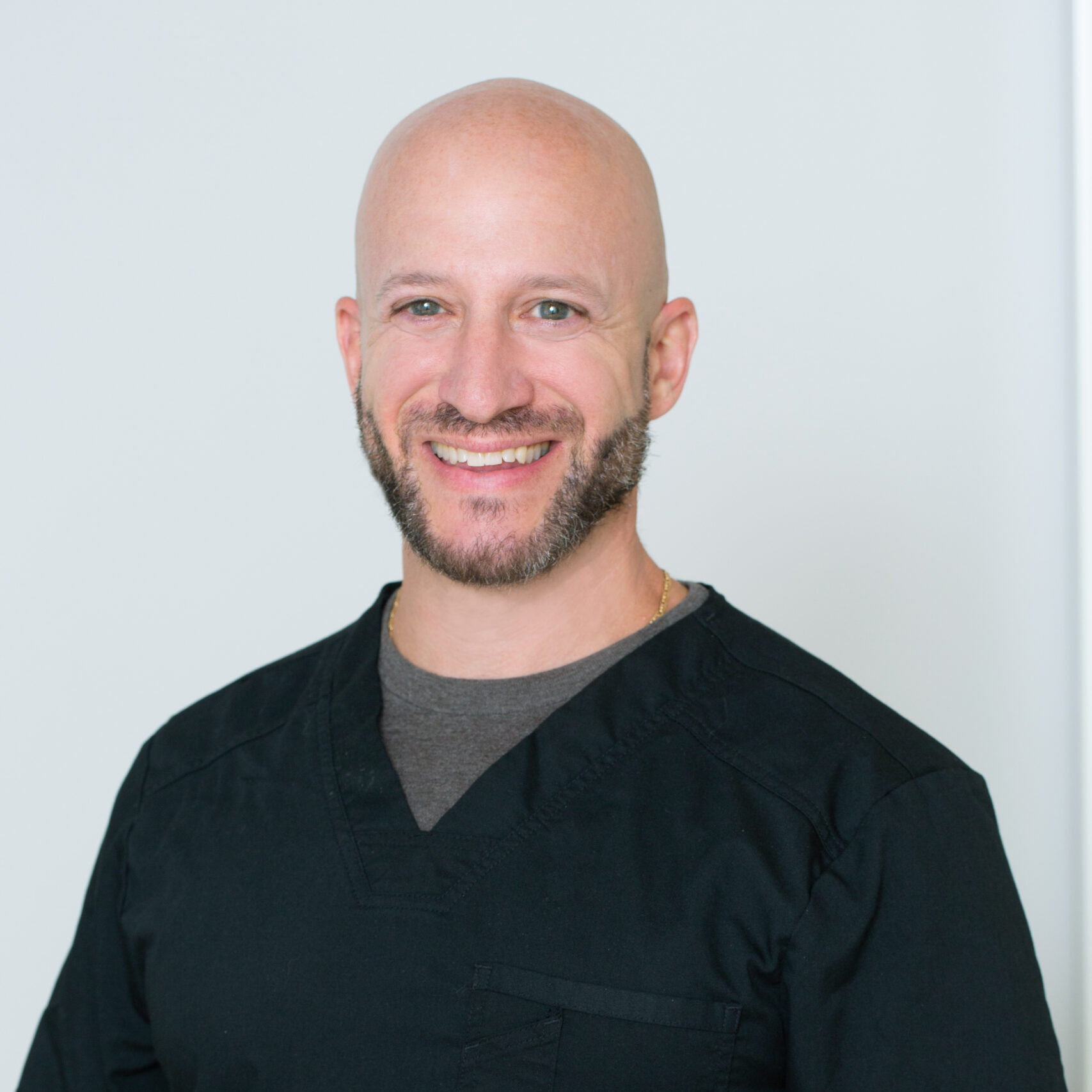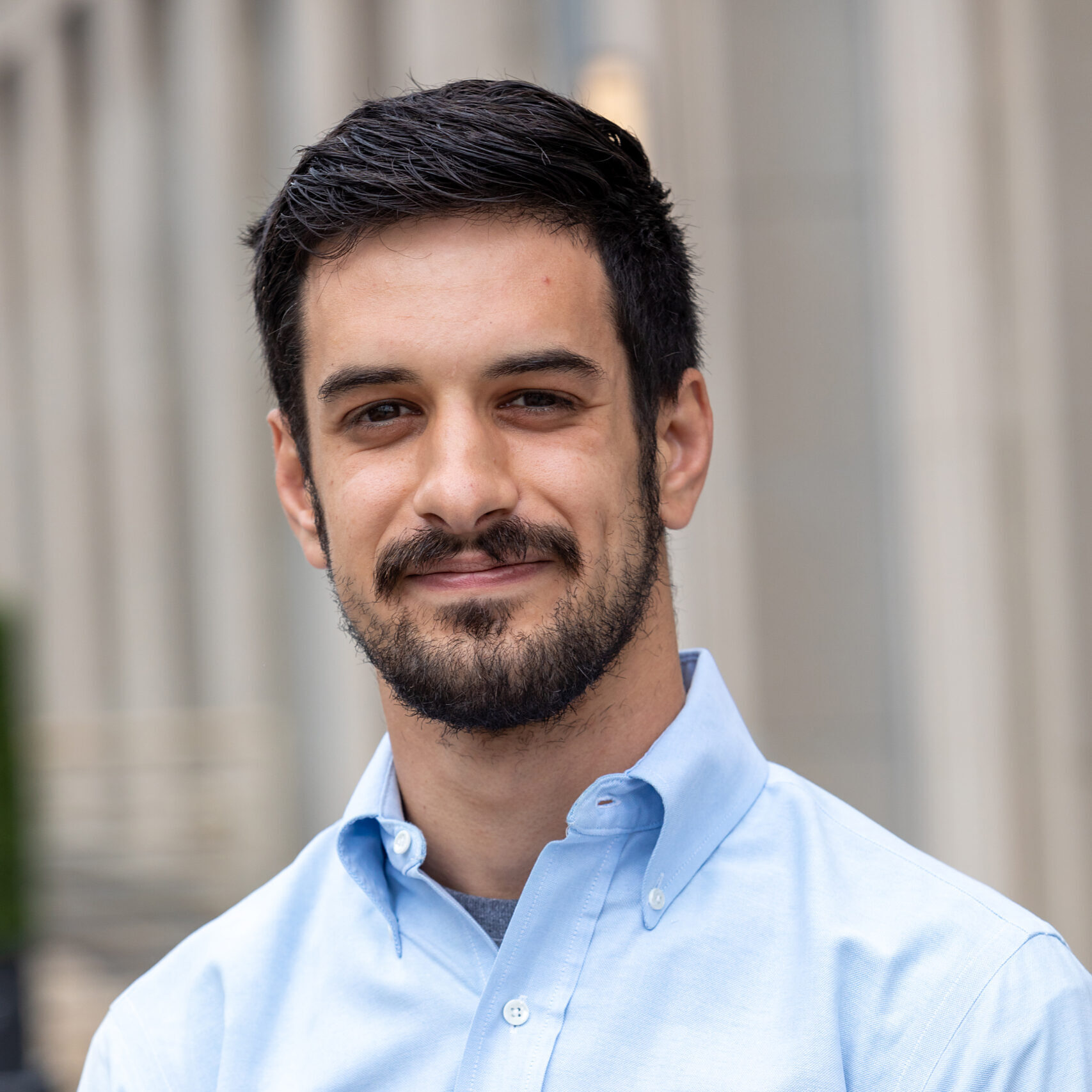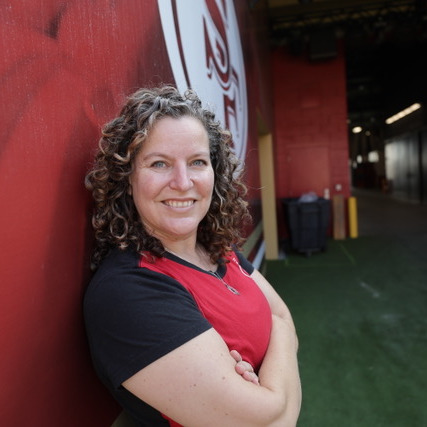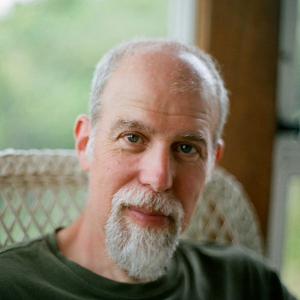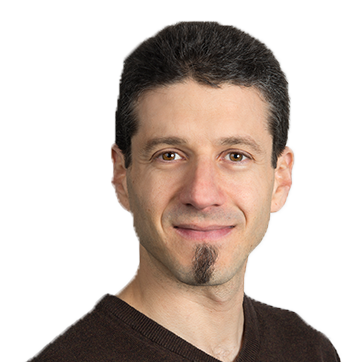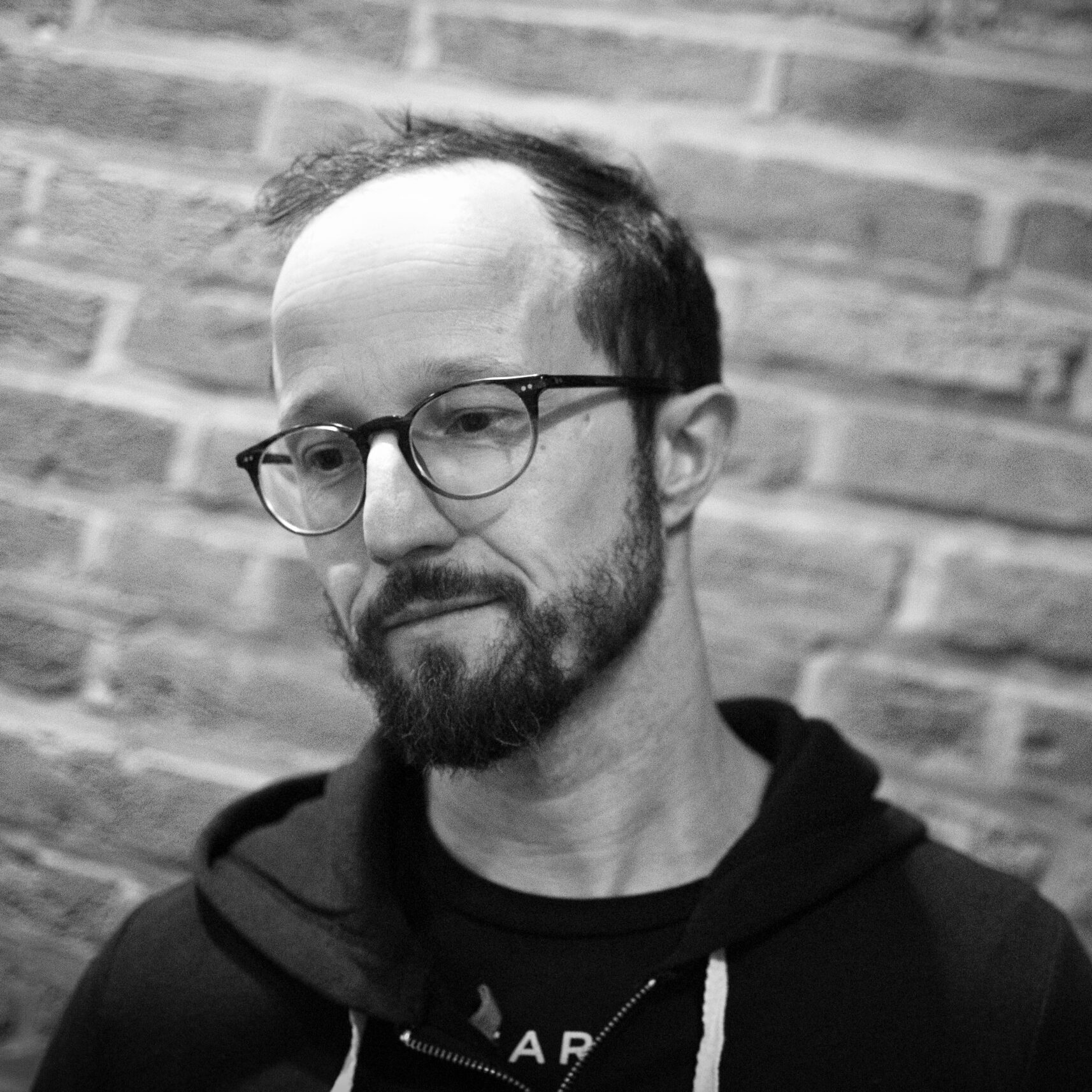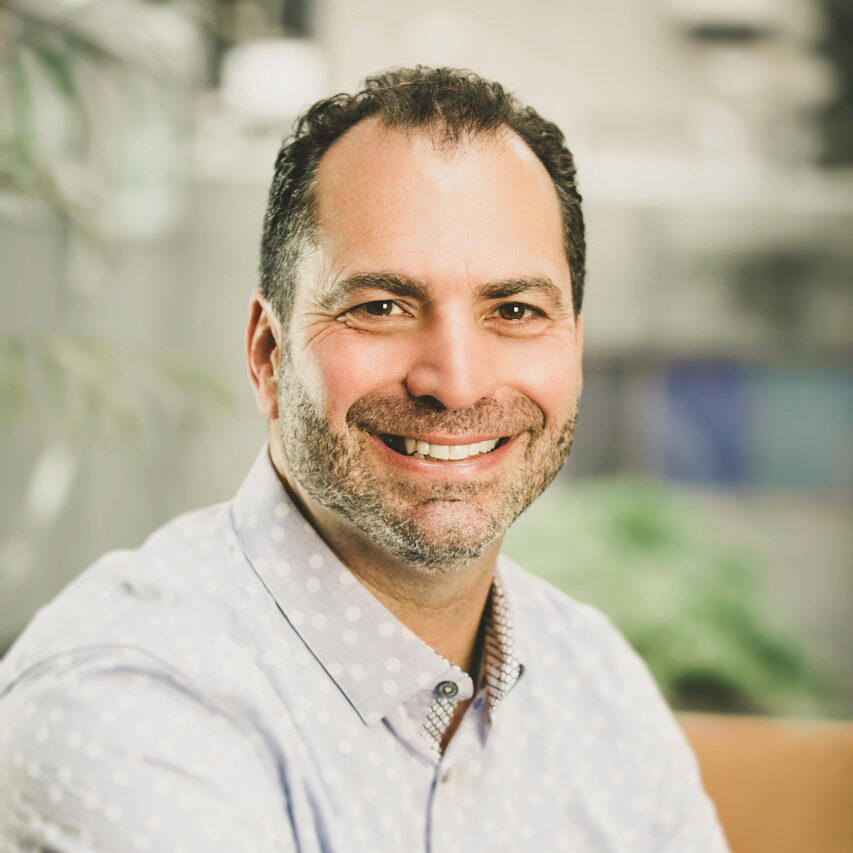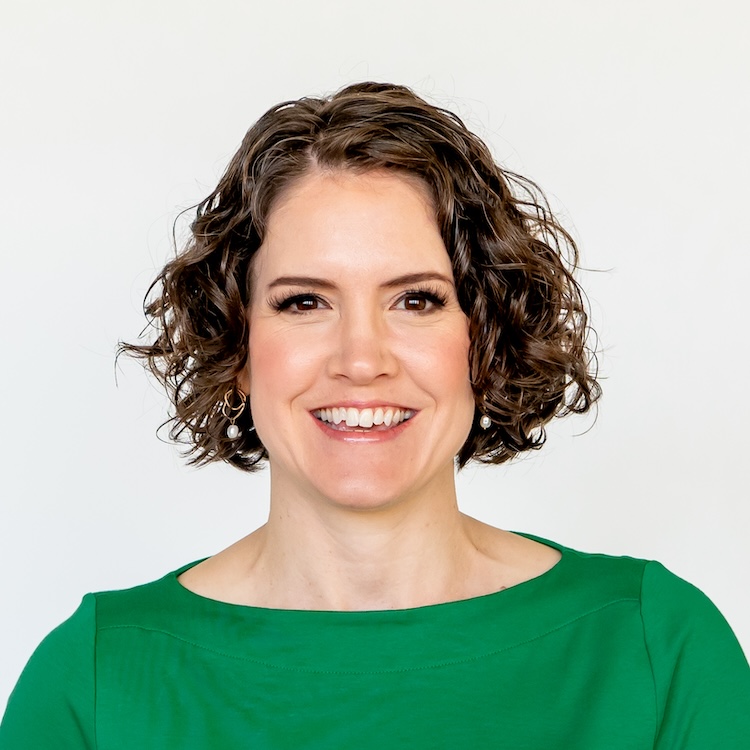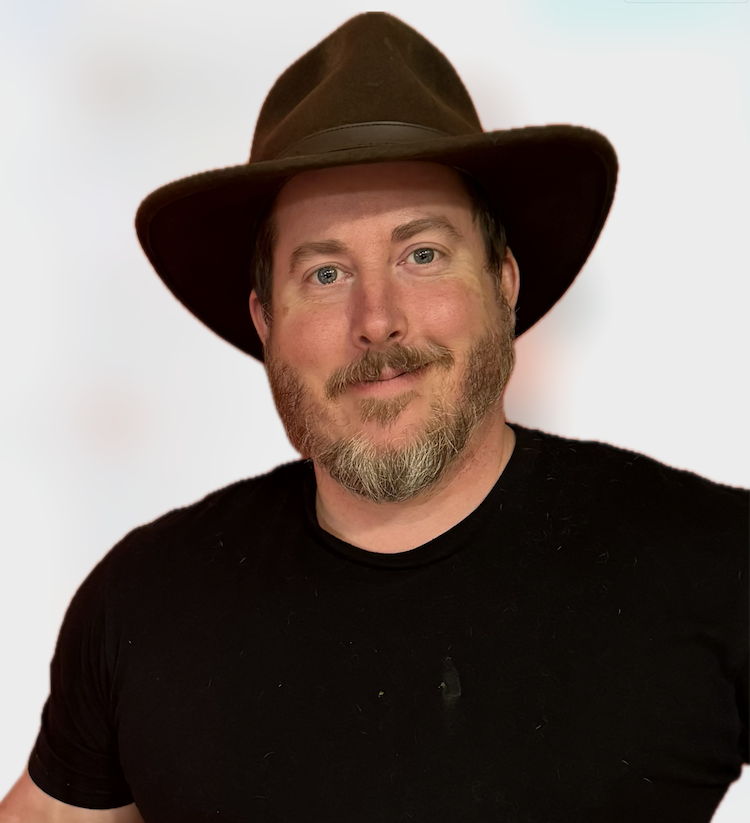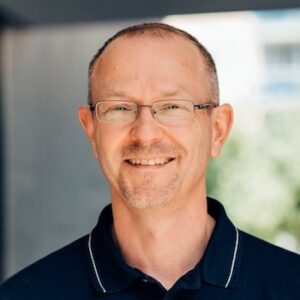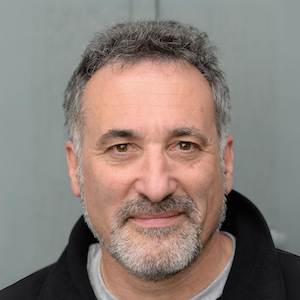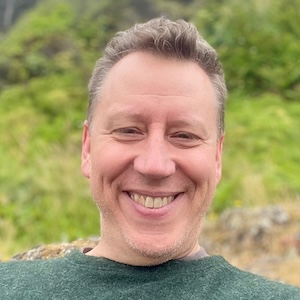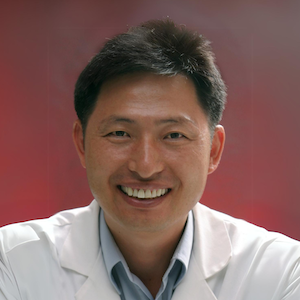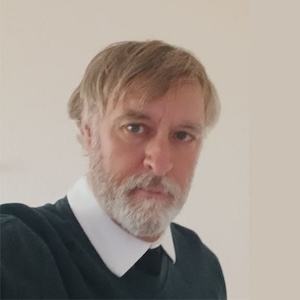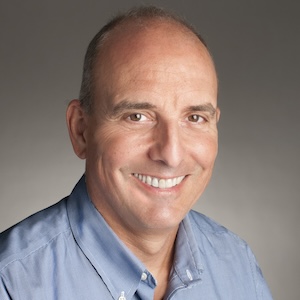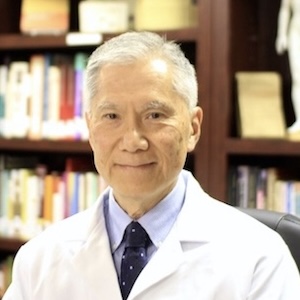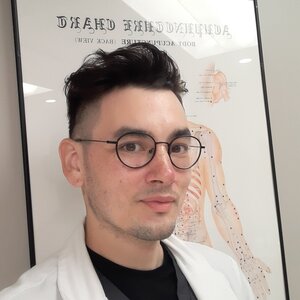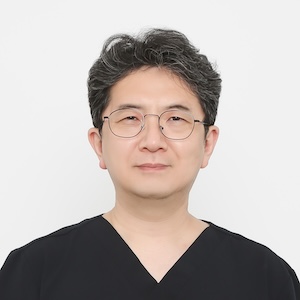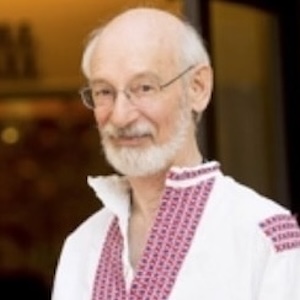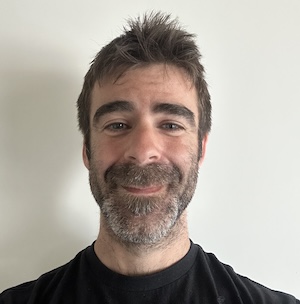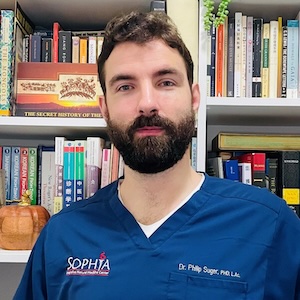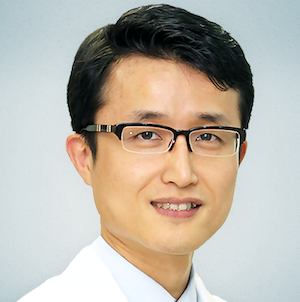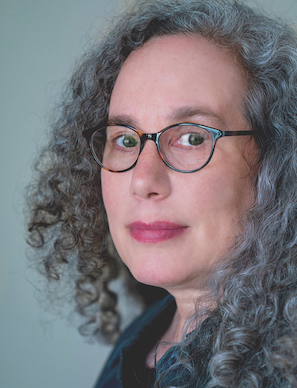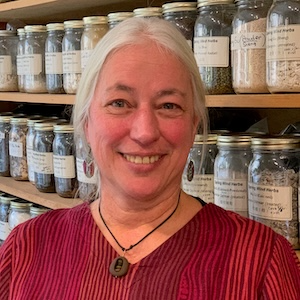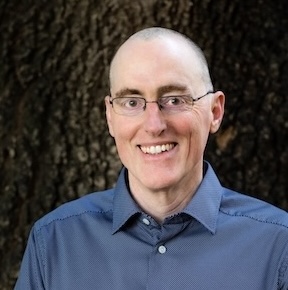Change unfolds within the predictable cycles Heavenly Stems and Earthly Branches. But, what actually emerges into being, that is usually novel and surprising.
In this conversation with Christine Cannon, we explore the Wu Yun Liu Qi—the Five Movements and Six Qi—and how this intricate system maps out the energetic cycles that shape everything from world events to the experience of our inner psycho-emotive landscape. Christine shares her experience of working with these influences in her clinical practice and how this perspective deepens her understanding of diagnosis, treatment, and seasonal shifts.
Listen into this discussion as we explore how these ancient ideas reveal patterns in illness and healing, how they can help practitioners refine their clinical skills, why the concept of ‘host’ and ‘guest’ qi matters, and how seasonal influences show up in everything from gardens to personal health.
Christine’s insights remind us that medicine is not just about treating symptoms—it’s about understanding the larger forces at play, the cycles that shape us, and how we can work with them instead of going against them.
In This Conversation We Discuss:
- The foundational concepts of the Wu Yun Liu Qi and why they matter
- How ancient Chinese medicine texts mapped qi cycles through time
- The Five Movements and Six Qi: what they are and how they interact
- Understanding how seasonal energy shifts influence health and disease
- How to use guest and host qi in clinical practice
- Observing these cycles in nature—what gardens can teach us about qi
- Why wind and fire years can create challenges for health and the environment
- How global events can reflect energetic patterns seen in Chinese cosmology
- The 60-year cycle and its repeating influences on world history
- The impact of different qi cycles on emotions, mental health, and physiology
- The importance of stepping away from theory to experience these cycles firsthand
- How to recognize patterns in patient symptoms based on seasonal qi
- Practical ways practitioners can incorporate Wu Yun Liu Qi into their diagnosis
- The challenge and reward of engaging with complex classical medical texts
Be present, keep it simple, less is more, cultivate humility and meet everyone where they are.
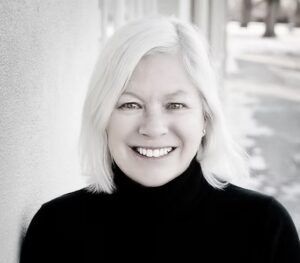 Christine Cannon, DAOM, L.Ac
Christine Cannon, DAOM, L.Ac
I have been in clinical practice for going on 32 years. During this time I have worked with and coached thousands of patients to improve their health and wellbeing using acupuncture, East Asian herbal medicine, and diet and lifestyle. I would consider myself a general practitioner, although my strength and experience is heavily weighted on herbal medicine – my first love – and women’s health.
I have taught in some capacity for the majority of that time and as I gained more clinical experience I moved into teaching diagnosis and differentiation, internal medicine, gynecology and provided clinical supervision, which I loved, for master’s and professional doctorate programs, while also providing continuing education courses both in-person and online.
For the past 5 years I have been engaged in a deep dive into the WuYun LiuQi from the Huang Di Nei Jing Su Wen, which is providing me with insight into how the qi influences of any given year/time can impact every aspect of our being and the environment.
I have completed two clinical internships in China and completed my clinical doctorate in acupuncture and herbal medicine (DAHM) from the California Institute of Integrative Studies in 2015. I continue to teach, coach and mentor my patients, students and practitioners in the US and internationally.
Links and Resources
Visit Christine on her clinic website, or at the Acupuncture and Herbal Medicine Resource Center.
You can also find her on Instagram.

